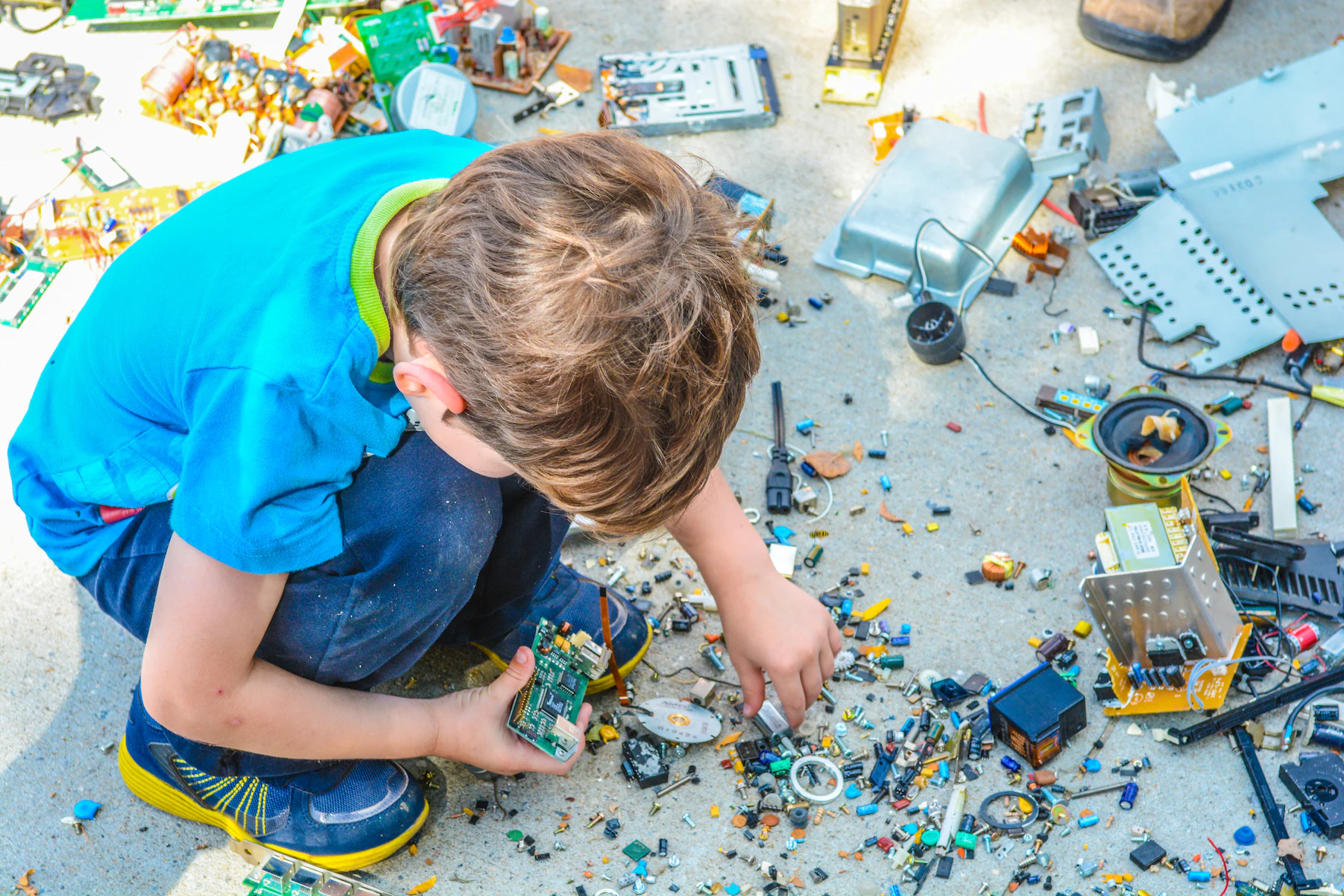Free Shipping Over $95

Sustainability values and family education: Cultivating a Responsible Mindset
In today’s rapidly changing world, it is crucial to instill sustainability values in our children. As parents and caregivers, we have the unique opportunity to shape the mindset of future generations by incorporating sustainability into family education. By teaching our children about environmental stewardship, ethical consumption, and sustainable practices, we can cultivate a responsible mindset that will contribute to a better future for our planet. In this article, we will explore the significance of fostering sustainability values through family education and how it can positively impact our children and the world they inherit.
Environmental Stewardship:
Teaching children about environmental stewardship is essential for cultivating sustainability values. By instilling a sense of responsibility towards the Earth and its resources, we empower our children to become environmentally conscious individuals. Engage them in activities that demonstrate the importance of conservation, such as recycling, reducing waste, and saving energy. Encourage them to participate in community clean-up initiatives or create their own eco-friendly projects. By fostering an understanding of the interconnectedness between humans and nature, we can inspire a lifelong commitment to preserving the environment.
Ethical Consumption:
Another crucial aspect of sustainability education is teaching children about ethical consumption. Help them understand the impact of their choices as consumers on the environment and society. Encourage discussions about fair trade, responsible sourcing, and the importance of supporting local businesses. Teach them to make informed decisions by considering the environmental and social implications of their purchases. By promoting mindful consumption habits, we can foster a sense of responsibility and empathy towards both people and the planet.

Sustainable Practices:
Integrating sustainable practices into daily life is a powerful way to instill sustainability values in children. Teach them about water conservation by encouraging shorter showers and turning off faucets when not in use. Involve them in gardening projects to demonstrate the importance of growing food locally and reducing reliance on industrial agriculture. Teach them about composting and recycling, showing them how waste can be transformed into valuable resources. By incorporating sustainable practices into our routines, we create a culture of responsibility and resourcefulness within our families.

Experiential Learning
Experiential learning is an effective way to reinforce sustainability values in children. Take them on nature walks, exploring different ecosystems and observing wildlife. Plan visits to local farms or farmers’ markets to learn about sustainable agriculture and food production. Engage in hands-on activities like planting trees, starting a family garden, or building birdhouses, fostering a connection with the natural world. By providing these experiential learning opportunities, we can nurture a deep appreciation for nature and inspire a desire to protect it.
Leading by Example
Perhaps the most influential way to cultivate sustainability values in children is by leading by example. Children observe and imitate the behaviors they see in their parents and caregivers. By embodying sustainable practices ourselves, we demonstrate the importance and feasibility of living in harmony with the environment. Model responsible consumption, engage in eco-friendly habits, and prioritize sustainable choices in your daily life. Involve your children in these practices, explaining the reasons behind your actions and encouraging their participation. By being role models, we inspire our children to adopt sustainable behaviors and a responsible mindset.
How can I make sustainability education enjoyable for my children?
Making sustainability education enjoyable for children is key to their engagement. Incorporate games, storytelling, and creative activities into the learning process. Organize nature scavenger hunts, create art projects using recycled materials, or plant a themed garden. By making sustainability education fun and interactive, children are more likely to embrace and retain the values being taught.
How can I address complex environmental issues with young children?
Complex environmental issues can be simplified and adapted to the level of understanding of young children. Use age-appropriate language and visuals to explain concepts like climate change or pollution. Focus on solutions and empower children to take simple actions like reducing waste or conserving energy. Encourage open discussions and answer their questions honestly, while emphasizing the importance of collective effort in addressing these challenges.
What are some resources available for sustainability education for families?
There are various resources available to support sustainability education for families. Look for children’s books that promote environmental awareness and stewardship. Seek out local community programs or workshops that offer hands-on learning experiences. Explore online platforms that provide educational videos and interactive games focused on sustainability. Additionally, many environmental organizations offer educational materials and activities specifically designed for families.


